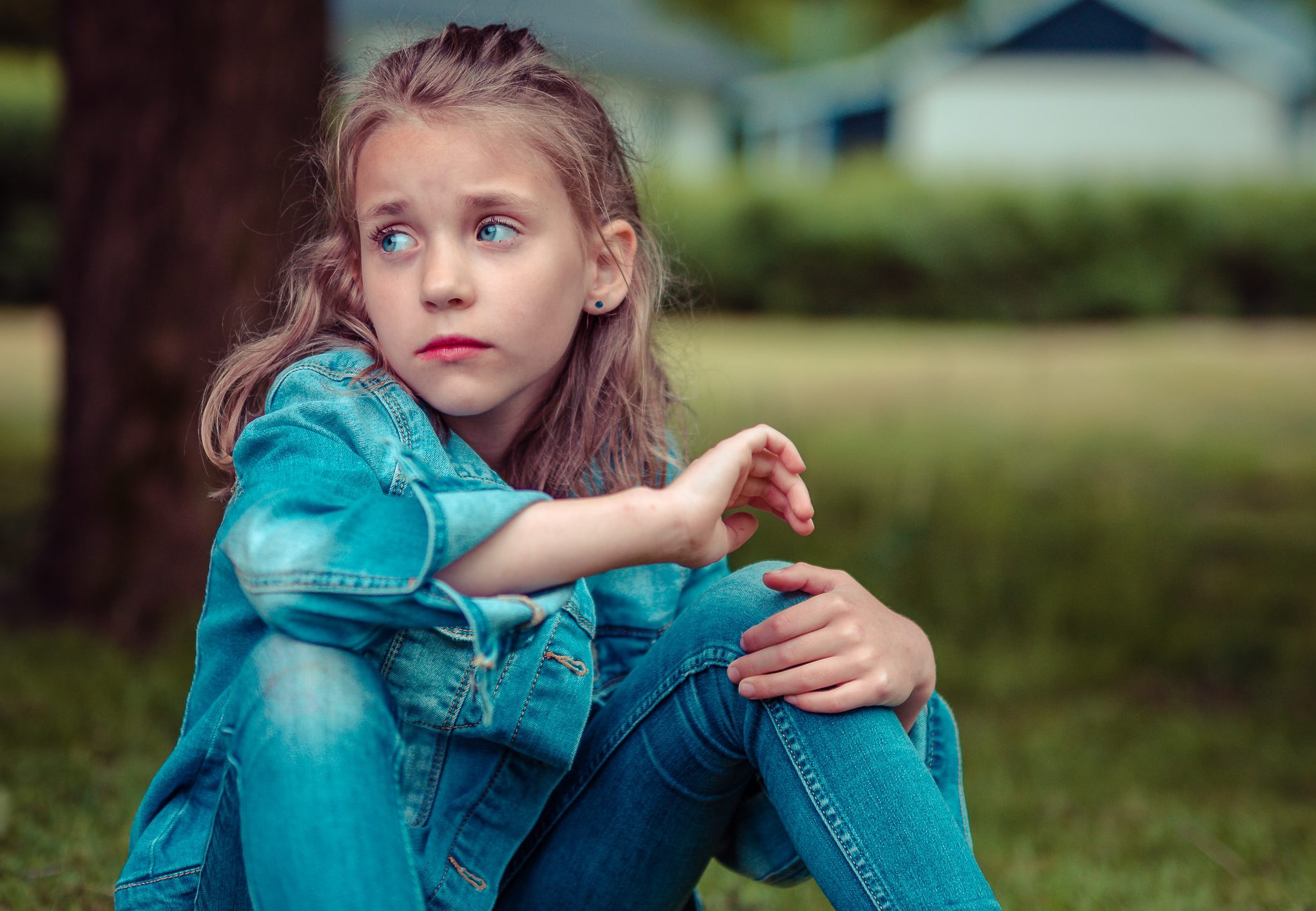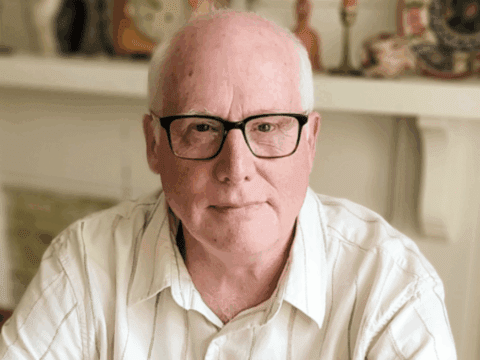Considering the wide-reaching impacts of the COVID-19 pandemic, my family is lucky. I already worked from home as a freelance journalist, so I’m used to juggling home life and work. My pastor husband is able to film online sermons and meet with staff via videoconferencing. Our three young children, ages three, six and eight, are all home with us, which has amplified the challenges we face as we try to balance many different schedules as a family. We all feel relatively safe and we’re healthy.
However, social isolation has presented unique challenges. Our oldest child was diagnosed with ADHD three years ago. For her, it can be difficult to regulate her emotions, and feeling a lack of control is a major trigger for outbursts. The stress of disrupted routines and not knowing what comes next has led to moments of anger, frustration and even violence.
You may unsubscribe from any of our newsletters at any time.
This has put pressure on my husband and I and emotional strain on her siblings. There are moments when I feel that I’ve failed as a mother, because I simply don’t have the energy to compose myself when I’m hit or punched over something as little as needing to turn the TV off. I want to minimize her feelings, but I also know how unhelpful that is for her. I want to support her, but I feel overwhelmed and can’t come up with the right words to let her know that I’m here. Then, there’s the added stress of trying to manage my work, a challenge when you’re fatigued and constantly interrupted. Of course, when you’re overwhelmed and tired, you become tense and agitated. My husband and I have struggled at times to communicate effectively with each other.
More COVID-19 coverage on Broadview:
How AA is reinventing fellowship
COVID-19 and the science of compassion
Passover seders get creative twists in a pandemic
I’m so thankful that our federal and provincial governments acted quickly in containing the virus and offering financial support to those who need it. However, I’ve noticed that parents of kids with additional needs have been neglected. In-person therapies that are essential for many children are not considered essential in Ontario, including applied behaviour analysis therapy for kids with autism, speech therapies for those with apraxia, and pediatric occupational therapies for ADHD.
Our daughter was doing really well before COVID-19, and wasn’t in therapy for ADHD. But now that she’s lost her routine, she’s spiralling. Recently, she spent the morning in remote music therapy, and while the connection she experienced with the therapist and tools she was taught for calming down (like deep breathing) were helpful, the format certainly wasn’t as effective as face-to-face interaction. She has started occupational therapy, and has asked me repeatedly when she can start going in to see the therapist. There’s lots of fun equipment she can use there that she doesn’t have access to at home — and there’s something special about being connected and close to your support worker.
For some kids, I do believe that we need to have some kind of in-person support (while practising safe distancing and frequent handwashing). If Tim Hortons can be considered an essential service, then I also think therapy for children with some special needs should also be considered essential right now.
My husband and I feel financial pressure too — right now, our daughter needs regular occupational therapy sessions— ideally a minimum of one per week. A typical appointment costs around $130 per hour. These appointments often provide parents with very effective tools for communicating with children who have ADHD, but they also include lots of play-based support for children, as well as help kids to learn self-regulation through telling stories, or finding ways to calm themselves (like swinging on a swing or bouncing on a ball).
There’s no way that we can afford regular sessions at this point, when food expenses have increased and my freelance income has decreased. Right now, the government hasn’t earmarked any specific funds (beyond the boost to the child-care benefit, which we may not see until May). Still, while music therapy was nice but not necessary for our child, private occupational therapy is absolutely essential right now. We will have to find ways to cover the expense, even though it’s not in our budget.
If Tim Hortons can be considered an essential service, then I also think therapy for children with some special needs should also be considered essential right now.
There’s also the Here4Kids intake line, a government-funded support for parents who need help connecting to supports or services related to a child’s speech, movement, play, behaviour, learning or development. Right now, the system is overloaded — when I received my phone call, the support person said that they don’t have anything available for kids with ADHD, but could recommend some supports that aren’t government-funded. We’re already paying out of pocket for occupational therapy, and this was was disappointing to hear.
This week, the Ontario government announced onetime funding for parents to alleviate the cost of educating kids from home. Our family is eligible for $600 for our three children, and much of that money will be spent on learning resources, books, curriculums and educational toys. Unfortunately, this funding doesn’t really help us with the cost of therapies for our daughter, who also doesn’t meet the criteria of special needs (which would have given us an extra $50).
It’s hard to watch your child struggle without the support that she deserves — and that we, as her parents, deserve too. This pandemic has brought to light all kinds of challenges for our daughter, and we want to help her access whatever she needs to get through this time. But right now the options are expensive. It feels like we’re alone in this, and that’s a difficult feeling to have right now.
Broadview is an award-winning progressive Christian magazine, featuring stories about spirituality, justice and ethical living. For more of our content, subscribe to the magazine today.















Although I feel for you, there are many others who have similar or worse issues than their children receiving therapy.
Rejoice they’re alive and try coping that much harder. What about those who have lost a loved one and they were the “bread winner”, or those who lost their child through this pandemic?
I’m tired of this “woe is me” world.
This is the day that the Lord has made: “Rejoice and be glad in it”
Maybe this article isn’t for you, Gary. No harm in moving on if you don’t have anything nice to say. Lots of parents with special needs kiddos are having a hard time, it doesn’t need to be a competition